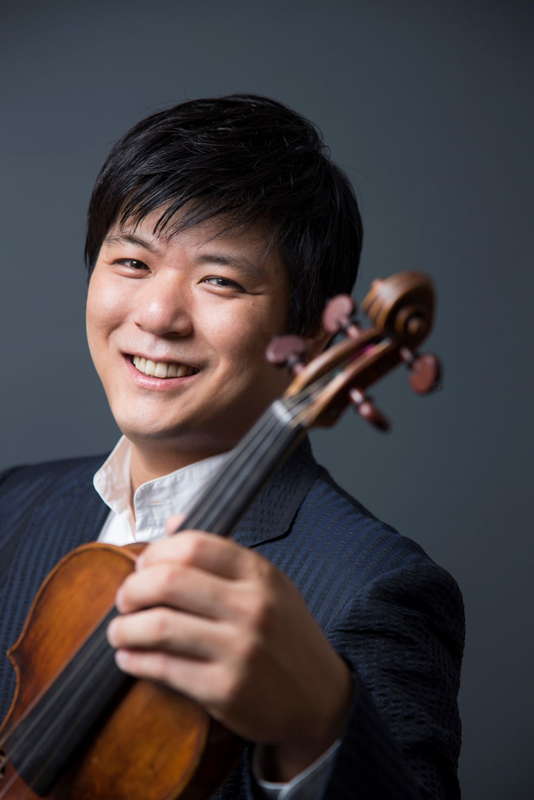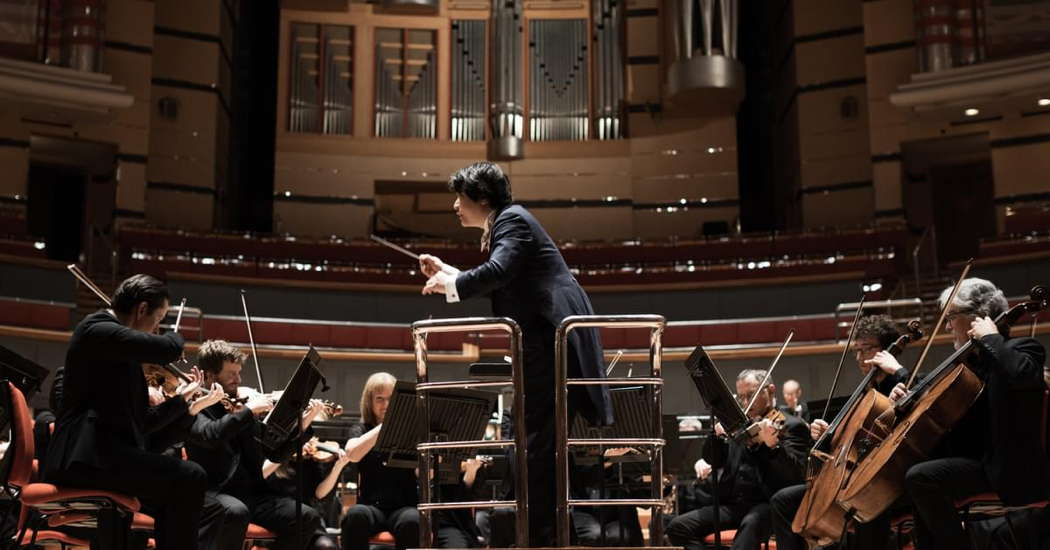- Margaret Darby
- Andre Hajdu
- Erich Korngold
- Paris Conservatoire
- recorder music
- Ravello Records
- Michael John Haden
- Angela Cole
 DISCUSSION: What is a work? John Dante Prevedini leads a discussion about The performing artist as co-creator, including contributions from Halida Dinova, Yekaterina Lebedeva, Béla Hartmann, David Arditti and Stephen Francis Vasta.
DISCUSSION: What is a work? John Dante Prevedini leads a discussion about The performing artist as co-creator, including contributions from Halida Dinova, Yekaterina Lebedeva, Béla Hartmann, David Arditti and Stephen Francis Vasta.
 DISCUSSION: John Dante Prevedini leads a discussion about Composers, individuals or collective?, including contributions from David Arditti, Halida Dinova, Robert McCarney and Jane Stanley.
DISCUSSION: John Dante Prevedini leads a discussion about Composers, individuals or collective?, including contributions from David Arditti, Halida Dinova, Robert McCarney and Jane Stanley.
A Tumultuous Climax
MIKE WHEELER listens to Dvořák, Bruch, J S Bach and Rimsky-Korsakov from Daishin Kashimoto and the City of Birmingham Symphony Orchestra with its new chief conductor Kazuki Yamada
If this was anything to go by, Kazuki Yamada's time as the City of Birmingham Symphony Orchestra's Chief Conductor is going to be hugely enjoyable - Royal Concert Hall, Nottingham, UK, 4 May 2023. An energetic figure in action, his gestures may sometimes appear baffling, but the players can obviously read exactly what he wants. And he knows how to work an audience.

Kazuki Yamada
So the concert could scarcely have had a more appropriate opener than Dvořák's Carnival, played and conducted with tremendous energy. The plaintive middle section brought some beautifully-shaped solos from Marie-Christine Zupancic, flute, Oliver Janes, clarinet, and leader Eugene Tzikindelean. The balance at the very start was over-dominated by percussion and brass, an occasional problem throughout the evening. But this was a performance to sweep you off your feet; the ending was beyond exuberant.
Daishin Kashimoto was the soloist in Bruch's Violin Concerto No 1, matching the orchestra's breathtakingly soft opening with his first entry - the calm, assured playing of a violinist with no need to prove anything. Expressive and technically assured as his playing was, with vigour and energy when called for, this was clearly not an end in itself, and this well-loved concerto came up fresh as a result. The link into the second movement was breathtakingly quiet and, again, Kashimoto was so deeply inside the music there was no room for posturing. The third movement was sprightly and expansive by turns, with everyone clearly enjoying Bruch's flirtation with the gypsy music that so enchanted Brahms.

Daishin Kashimoto
For his encore, Kashimoto brought grace and elegance to the Loure from J S Bach's solo violin Partita No 3.
Rimsky-Korsakov's Scheherazade takes stories from the collection 1,001 (or Arabian) Nights as its starting-point. It is not so much a serious attempt to engage with Eastern cultures, more of a fancy-dress party, as the composer pulls a succession of costumes from his dressing-up basket. That's no reason to dismiss it, of course, especially in a give-it-all-you've-got performance like this one, with the orchestra responding in kind to Rimsky-Korsakov's highly colourful scoring. The opening brass summons, supposedly depicting the Sultan, was stentorian, but with Eugene Tzikindelean's unobtrusive command of the beguiling violin solo representing the story-teller, Scheherazade, herself, it was clear who was really in charge here. Whether you take the title 'The Sea and Sinbad's Ship' seriously or not, the main part of the movement certainly rode the swell in a calm and stately manner.

Kazuki Yamada conducting the City of Birmingham Symphony Orchestra
The second movement had a vivid sense of an unspoken narrative, with further outstanding solos. I don't think I've ever heard a bassoon played more quietly (Nikolaj Henriques), or the harp's swooping glissandos made to sound more fierce (Katherine Thomas), while the muted horn solo (Elspeth Dutch) near the end seemed to have everyone on the edge of their seats. The ripple of audience applause that followed became a roar of approval, following Kazuki Yamada's encouragement. The third movement was slower than I've heard, but it worked at that tempo. Here and in the finale, tutti passages occasionally sounded opaque - that same balance problem that affected the Dvořák. But the performance generated all the impetuous, dancing animation the piece needs, driving towards its tumultuous climax. Whatever the scenario behind it all, Eugene Tzikindelean's Scheherazade remained imperturbable, and we were left to imagine our own story-lines, which is what Rimsky-Korsakov wanted all along.
Copyright © 11 May 2023
Mike Wheeler,
Derby UK



